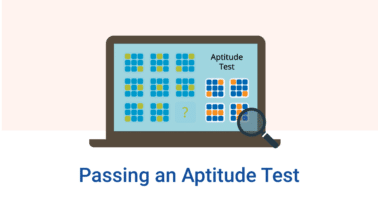With over 80 million people, the Nigerian labour force has been earmarked as one of Nigeria’s greatest strengths for economic growth. Yet, rather than being spoiled for choice, employers in the country are overwhelmed and face a myriad of challenges in trying to find the right candidates. Challenges that are painfully time-consuming and costly, taking between 4 weeks to 6 months, depending on the level and peculiarity of the role and an estimated cost of 15% of all HR-related expenses (SHRM Survey, 2016). This estimate has increased since then.
The process of obtaining a new recruit starts with identifying the need to hire, to the onboarding of the new employee – known as the recruitment cycle. By hiring better, companies can drastically minimise the frequency of the cycles and therefore create room for growth and employee retention.
First, let’s take a look at the labour force. Approximately 19 million Nigerians have entered the workforce in the last five years with only 3.5 million jobs up for grabs; creating a highly competitive and saturated labour market. The dire rate of unemployment in the country is no secret and no individual is more aware of this reality than the jobseeker themself, who according to a report by Jobberman earlier in the year revealed that young people (18-35) were applying for more than 20 jobs per day to increase their chances of employment.
Employers often pay for job listings across multiple platforms (which cumulatively is costly) without the tools to simplify the process. Instead, they receive an influx of applicants for a single posting from mostly unvetted and unqualified candidates. A survey last year by ROAM Africa revealed that a job posting attracted over 2000 applicants. It not only highlighted the state of unemployment, worsened by the global pandemic, but also the significant skills gap for key roles across dominant sectors – digital, creative and agriculture. And quite clearly the hours/days spent to filter through applications, before the interview stage even begins.
End-to-end recruitment, which helps to ensure companies hire better, is desperately needed in a labour market as intensive and as large as Nigeria’s. We are witnessing companies that are otherwise brimming with potential, being stagnated by poor hiring processes. There’s a reason a company will publicly talk about employee retention rates as it attracts great talent and possibly investors, demonstrates workplace productivity and growth. However, that means they have likely fine tuned recruiting. Full-service recruitment platforms are hugely beneficial to all parties and make economic sense.
At Jobberman, we know employees are a company’s greatest asset, so it is important we present the most talented at each level; having over 182,000 pre-vetted candidates that are soft-skilled trained on our platform removes many of the issues employers encounter with new starters, plus we support them throughout the entire recruitment cycle after identifying the many pain points they face.
Companies that view hiring as part of its business strategy are off to a winning start. In most cases that means taking on experts to help with the process. To hire better, there must be a strategy involved, where objectives and goals can be matched against. The days of long recruitment cycles that drain resources shouldn’t apply to Nigeria’s innovative and dynamic companies. With over a decade of experience in the industry, Jobberman has developed the tools and most importantly has the resources to help businesses flourish.
*By Chisom Ofili, Head of Recruitment at Jobberman Nigeria.





